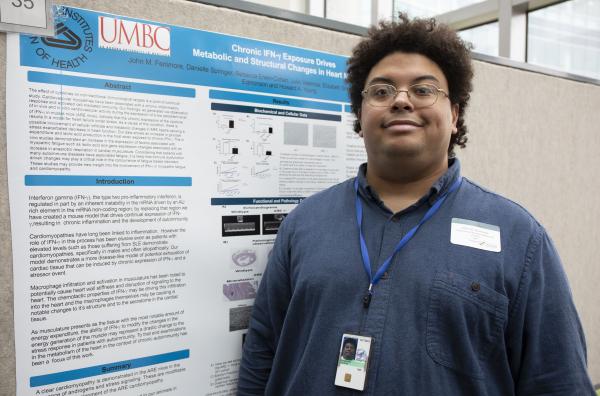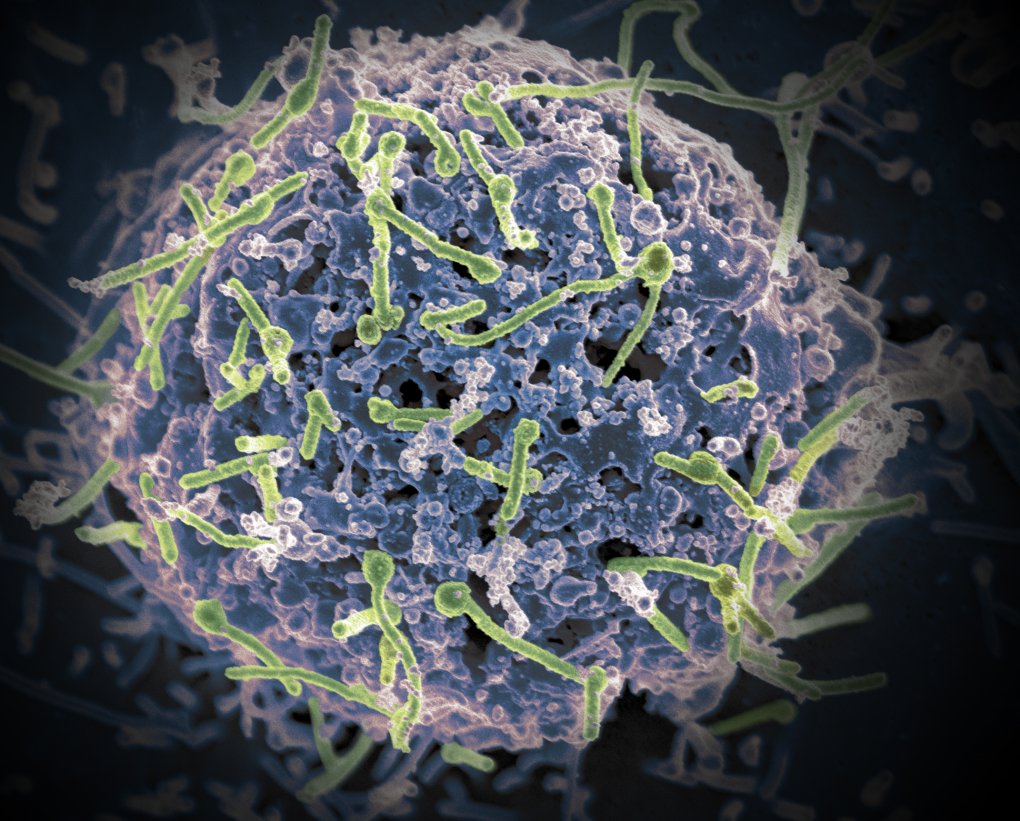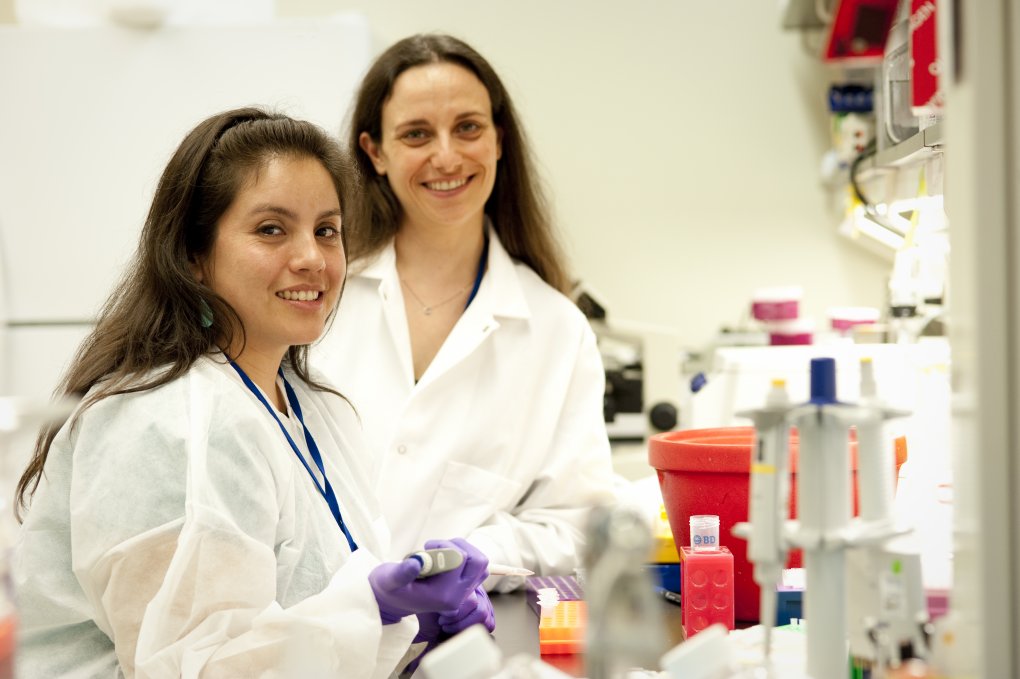Research Symposium Celebrates Graduate Student Science
Event Spotlights Students Completing Their Ph.D. Research in IRP Labs
The NIH provides an extraordinarily rich environment for learning and honing the skills needed to pursue a scientific career. It’s no wonder, then, that Ph.D. students from institutions all across the United States and the rest of the world come here to conduct their dissertation research under the mentorship of the IRP’s many renowned investigators.
Nearly 150 of those students presented the fruits of their scientific work at the NIH’s 16th annual Graduate Student Research Symposium on Thursday, February 20. The insights they have produced on topics from cancer to autoimmune disease to environmental contaminants were supremely impressive and will likely contribute to important improvements in medical care in the future. For anyone who missed this exciting event, read on to learn about a few of the many research projects that were on display.





